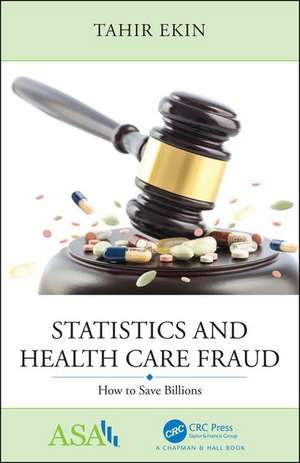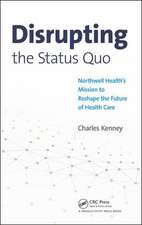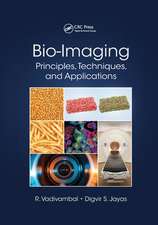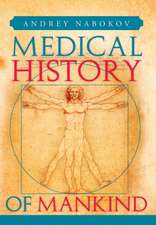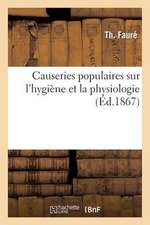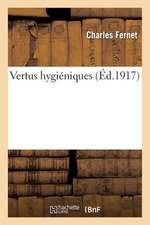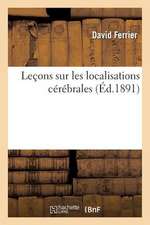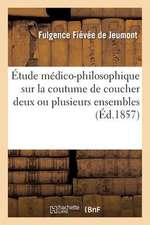Statistics and Health Care Fraud: How to Save Billions: ASA-CRC Series on Statistical Reasoning in Science and Society
Autor Tahir Ekinen Limba Engleză Paperback – 13 feb 2019
The book starts with a brief overview of global healthcare systems such as U.S. Medicare. This is followed by a discussion of medical overpayments and assessment initiatives using a variety of real world examples. The book covers subjects as:
• Description and visualization of medical claims data
• Prediction of fraudulent transactions
• Detection of excessive billings
• Revealing new fraud patterns
• Challenges and opportunities with health care fraud analytics
Dr. Tahir Ekin is the Brandon Dee Roberts Associate Professor of Quantitative Methods in McCoy College of Business, Texas State University. His previous work experience includes a working as a statistician on health care fraud detection. His scholarly work on health care fraud has been published in a variety of academic journals including International Statistical Review, The American Statistician, and Applied Stochastic Models in Business and Industry. He is a recipient of the Texas State University 2018 Presidential Distinction Award in Scholar Activities and the ASA/NISS y-Bis 2016 Best Paper Awards. He has developed and taught courses in the areas of business statistics, optimization, data mining and analytics. Dr. Ekin also serves as Vice President of the International Society for Business and Industrial Statistics.
Preț: 246.94 lei
Nou
Puncte Express: 370
Preț estimativ în valută:
47.26€ • 48.82$ • 39.33£
47.26€ • 48.82$ • 39.33£
Carte tipărită la comandă
Livrare economică 26 martie-09 aprilie
Preluare comenzi: 021 569.72.76
Specificații
ISBN-13: 9781138197428
ISBN-10: 1138197424
Pagini: 160
Dimensiuni: 138 x 216 x 9 mm
Greutate: 0.5 kg
Ediția:1
Editura: CRC Press
Colecția Chapman and Hall/CRC
Seria ASA-CRC Series on Statistical Reasoning in Science and Society
ISBN-10: 1138197424
Pagini: 160
Dimensiuni: 138 x 216 x 9 mm
Greutate: 0.5 kg
Ediția:1
Editura: CRC Press
Colecția Chapman and Hall/CRC
Seria ASA-CRC Series on Statistical Reasoning in Science and Society
Public țintă
General and Professional Practice & DevelopmentCuprins
Introduction. Regression modelling for spatially referenced data. Theory. Linear models. Generalized linear models. Geostatistical design. Preferential sampling. Zero-inflation. More complex problems. Appendix.
Notă biografică
Dr. Tahir Ekin is the Brandon Dee Roberts Associate Professor of Quantitative Methods in McCoy College of Business, Texas State University. His previous work experience includes a working as a statistician on health care fraud detection. His scholarly work on health care fraud has been published in a variety of academic journals including International Statistical Review, The American Statistician, and Applied Stochastic Models in Business and Industry. He is a recipient of the Texas State University 2018 Presidential Distinction Award in Scholar Activities and the ASA/NISS y-Bis 2016 Best Paper Awards. He has developed and taught courses in the areas of business statistics, optimization, data mining and analytics. Dr. Ekin also serves as Vice President of the International Society for Business and Industrial Statistics.
Recenzii
" . . . the book is well organized and clearly written on a cutting-edge topic. This book may be helpful to the applied statisticians, health care policymakers, insurance analyst, forensic accountant as well as tax office to prevent health care fraud."
Kuldeep Kumar, Bond University, Robina, QLD, Australia
Kuldeep Kumar, Bond University, Robina, QLD, Australia
Descriere
This book will educate the general public about statistical methnods to improve medical fraud assessment by more accurateoverpayment estimation, representative sampling and use of data mining methods for fraud detection. In the United States, total health care related spending reached 2.9 trillion USD and $9255 per person in 2013.
